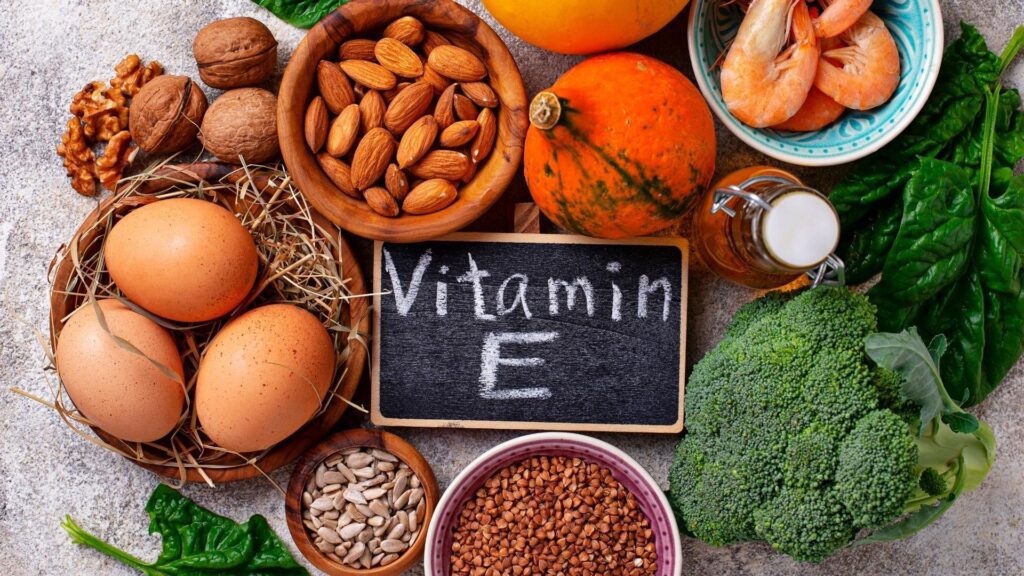Part 4 of our Deep Dive on the topic on Vitamin D.A.K.E. Last but not least we talk Vitamin E today!
It’s role in Human Health
Hey there! Today, I want to dive deep into a topic I’ve heard a lot about lately: vitamin E. With all the chatter around supplements and what’s good for our health, I thought it would be insightful to explore the role of vitamin E, its benefits, and whether we should really be taking it as a supplement.
What is it ?
A fat-soluble vitamin that plays a crucial role in our body. It acts mainly as an antioxidant, helping to protect our cells from damage caused by free radicals—those pesky molecules that can contribute to aging and various diseases. There are several forms of vitamin E, but the most common one you’ll hear about is alpha-tocopherol.
How Do We Get Vitamin E?
Now, let’s talk about how we can get it into our systems. The good news is that there are plenty of ways! It’s found in various foods, so you don’t necessarily need to rely on supplements. Some of the best sources include:
- Nuts and seeds (think almonds and sunflower seeds)
- Green leafy vegetables (like spinach and kale)
- Fish
- Whole grains
- Vegetable oils (such as sunflower and olive oil)
Benefits
So why should we be making sure we get enough vitamin E? Here are a few benefits that have been widely highlighted:
- Antioxidant Protection: As a powerful antioxidant, which means it helps neutralize harmful free radicals in the body.
- Skin Health: It’s often included in skin care products, and for good reason! It helps nourish and protect the skin from damage, potentially reducing the signs of aging.
- Heart Health: Some studies suggest that it may help reduce the risk of heart disease by preventing the oxidation of LDL cholesterol.
- Immune Function: Vitamin E plays a role in immune function, helping us fight off infections more effectively.
Should You Supplement?
Now, here comes the controversial part. There has been some debate about whether we should be taking vitamin E supplements, especially in high doses. Some research indicates that high doses may not be necessary and could potentially cause harm, especially when taken in conjunction with certain medications or health conditions. It’s a classic case of “more isn’t always better.”

For most people, if you maintain a balanced diet rich in fruits, vegetables, nuts, and seeds, you’re likely getting enough vitamin E without needing a supplement. However, if you have specific health concerns or dietary restrictions, it might be worth consulting with a healthcare provider to determine your needs.
Final Thoughts
Vitamin E is an essential nutrient that supports various aspects of our health through its antioxidant properties. While it’s tempting to reach for a supplement, remember that the best approach is often a balanced diet. If you’re curious about your vitamin E levels or want personalized advice, don’t hesitate to talk to your doctor or a nutritionist.
Thanks for reading! I hope this blog post has helped clear up some questions about vitamin E. What are your thoughts? Have you considered taking vitamin E supplements, or do you focus on getting it from your diet? See the entire Vitamin DAKE series Here!
